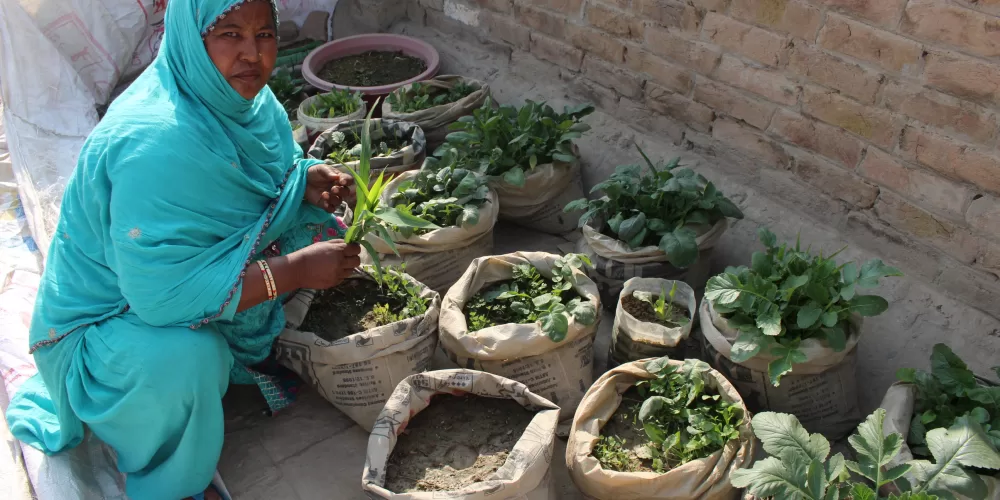
Our sustainable food projects help people to drop their hunger and feed themselves and their families for life, transforming entire communities for generations to come.
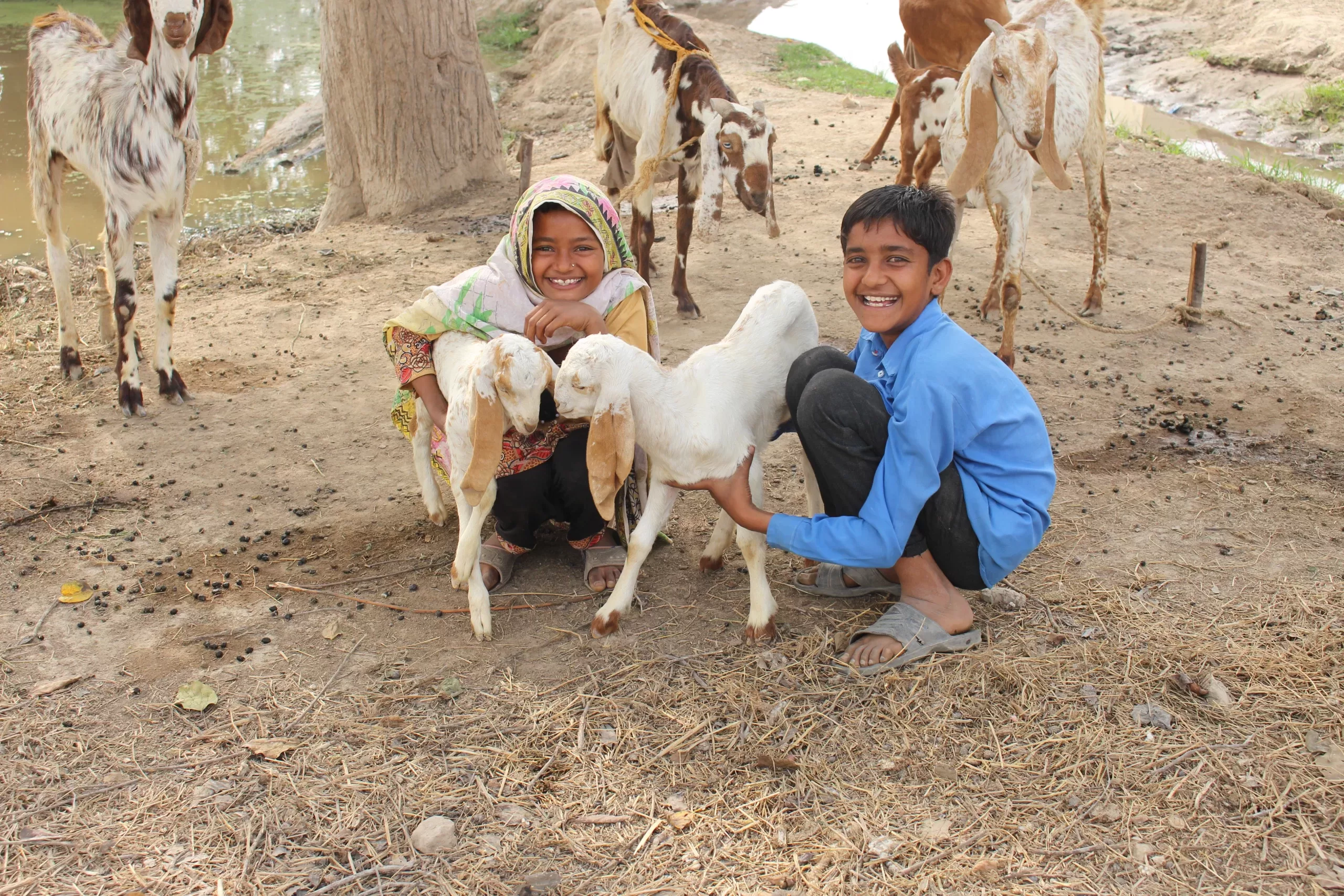
FIDA brings hope to Pakistan’s neediest. Empower communities with small ruminants. Support us in cultivating sustainable change for a brighter and prosperous future!
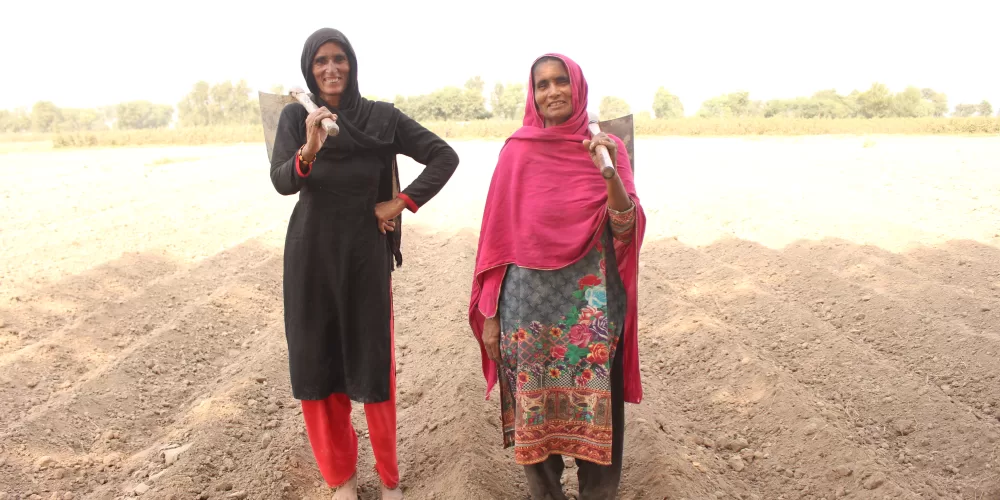
FIDA transforms lives, empowering families through vocational training and micro-enterprise development. Young entrepreneurs turn dreams into successful businesses, igniting a ripple of change.
Farmers' Integrated Development Association (FIDA) seeks to pave the way for a brighter and more resilient future for communities across Pakistan.
Introduced by Plan International Pakistan, FAO, and Government of Pakistan.
.
Established by Plan International Pakistan, FAO, and Pakistan Agricultural Research Council (PARC) under National Integrated Pest Management Program.
6 women and 9 men farmers were trained
Established by Plan International Pakistan, FAO, and Pakistan Agricultural Research Council (PARC) under National Integrated Pest Management Program.
12 women, and 13 men farmers were trained
FIDA was founded
established by Plan International Pakistan, FAO, and Pakistan Agricultural Research Council (PARC) under National Integrated Pest Management Program.
12 women, and 15 men farmers were trained
FIDA was Registered
In 2005, the National Agricultural Research Centre (NARC), Islamabad sowed the seeds of the National Integrated Pest Management (Nat-IPM) Program. This initiative took root in the villages of District Vehari through the innovative Farmers Training of Facilitators (FToF). Families delved into non-formal education, with men joining Farmer Field Schools (FFS), women in Women Open School (WOS), and children forming Children Ecological Clubs (CEC).
Beyond traditional farming techniques, FIDA’s approach encompassed a holistic education—embracing crop production, health considerations in mechanized agriculture, and the protection of natural ecosystems. The selected farmers not only mastered crop management but also acquired essential skills like communication, reporting, planning, and data analysis.
FIDA sprouted from this transformative program, emerging as a beacon for limited-resource growers. The program empowered smallholders in Integrated Pest Management and inspired them to champion their rights. FIDA stands today as a testament to grassroots-driven change, rooted in the needs and aspirations of the rural population in District Vehari. Join us in cultivating a future of Climate-Smart Agriculture, Food Security, and Sustainable Livelihood through knowledge-sharing and community empowerment.
We honor and support courageous people solving their problems.
Our sustainable food projects help people to drop their hunger and feed themselves and their families for life, transforming entire communities for generations to come.
FIDA brings hope to Pakistan’s neediest. Empower communities with small ruminants. Support us in cultivating sustainable change for a brighter and prosperous future!
FIDA transforms lives, empowering families through vocational training and micro-enterprise development. Young entrepreneurs turn dreams into successful businesses, igniting a ripple of change.
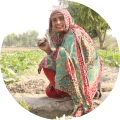
"I used to earn a meager amount of money by working as a domestic worker. Now, after the support by FIDA Pakistan, I have sufficient knowledge and skills to meet my family’s financial and nutritional requirements."
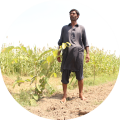
"I followed new cultivation method, Insurance Crop Facility, introduced by FIDA Pakistan and planted fruit plants easily without need of extra resources (land, water or special arrangements)."

"In weekly sessions we dreamed and then sketched out our dream on paper about green and clean village and now moving towards that dream day by day."
